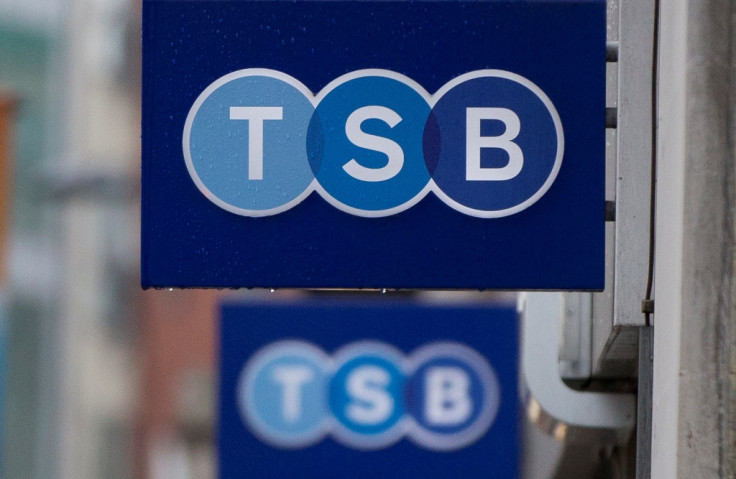TSB shares up 1.86% after £1.7bn deal announcement with Spain's Sabadell bank

Spanish lender Banco Sabadell is acquiring British bank TSB in one of the biggest cross-border deals in the banking sector since the 2008 financial crisis.
Following the announcement, TSB shares are trading up 1.86% at £3.33 as at 9.25am GMT.
As per the terms of the transaction, Banco Sabadell will pay £1.7bn (€2.4bn, $2.5bn) to acquire all shares in TSB, which was formerly owned by Lloyds Bank.
In a tender offer, TSB shareholders will receive 340 pence per share in cash, representing a 4% premium to the closing price of TSB on 19 March.
Sabadell has agreed to acquire about 10% interest in TSB from Lloyds, and Lloyds has entered into an irrevocable undertaking to accept the offer in respect of its entire remaining 40% shareholding in TSB.
TSB directors, who consider the terms of the offer to be "fair and reasonable", unanimously recommended that TSB shareholders accept the offer.
"The offer from Sabadell represents a significant endorsement of TSB's progress since its IPO and provides TSB shareholders the opportunity to receive today in cash the value that would otherwise be unlocked over time as TSB executes its strategy," Will Samuel, chairman of TSB, said in a statement.
"With the support of Sabadell, TSB will benefit from the full capabilities the wider group will have to offer enabling us to accelerate our competitive capabilities even further," TSB CEO Paul Pester said.
Meanwhile, Sabadell expects the deal to help it enter the attractive UK banking market among other advantages.
"We see the UK as an attractive market with a strong regulatory framework, sound macroeconomic fundamentals and exciting prospects for growth. TSB is a well-established brand which shares our culture of focusing on our customers and local communities," said Sabadell chairman Josep Creus.
"We believe that our experience of growing SME lending, our resilient and tested IT platform and our commitment to innovation will speed up TSB's expansion so that it fulfils its potential as a strong and effective challenger to the traditional UK banks, without any of their legacy issues."
The deal is required to be approved by the UK Prudential Regulatory Authority and the European Commission in addition to shareholders of both the companies.
© Copyright IBTimes 2025. All rights reserved.






















